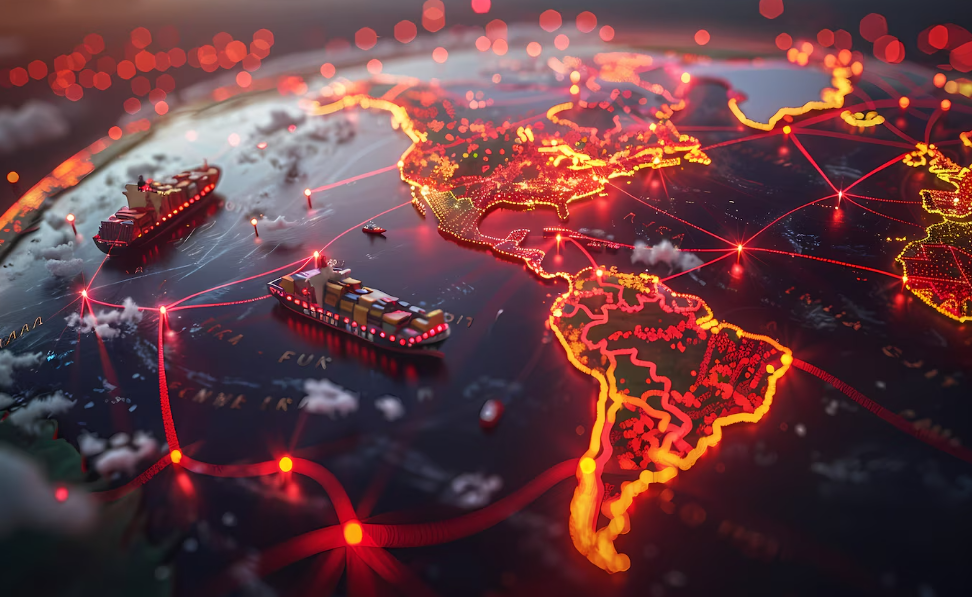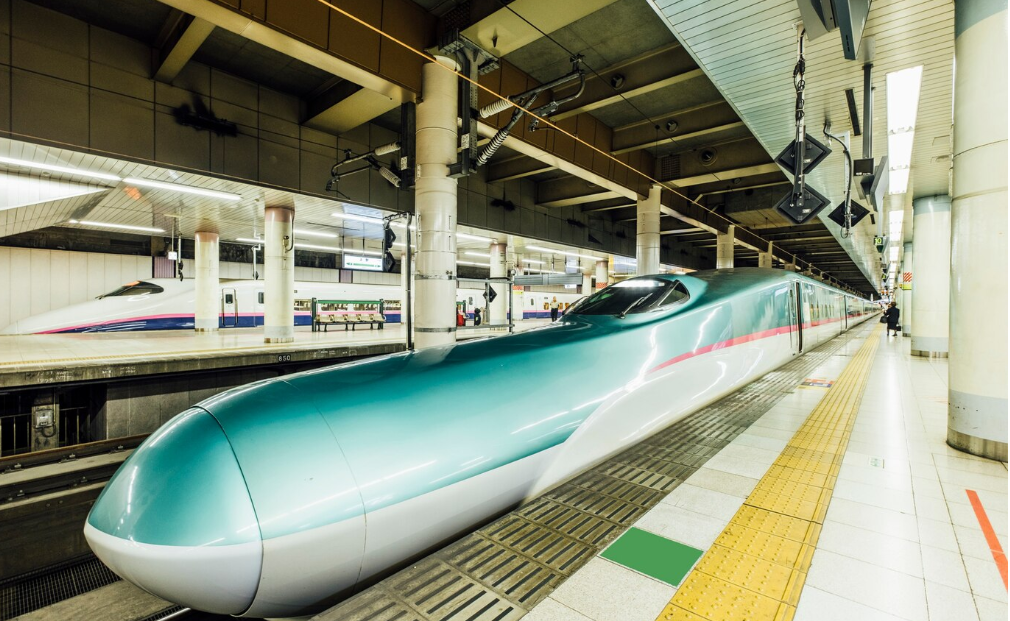In a bid to enhance economic cooperation and global trade policy alignment, Nigeria’s Minister of Industry, Trade and Investment, Doris Nkiruka Uzoka-Anite, met with India’s Commerce and Industry Minister, Piyush Goyal, in Paris, on the sidelines of the ongoing World Trade Organization (WTO) meetings. The high-level discussions focused on boosting bilateral trade and advocating for necessary reforms within the WTO framework.
Strengthening Nigeria–India Economic Relations
Nigeria and India have shared robust economic relations for decades. India remains one of Nigeria’s largest trading partners, particularly in sectors such as:
-
Crude oil and gas exports, which make up the bulk of Nigeria’s trade to India.
-
Pharmaceuticals and industrial machinery, imported from India to support Nigeria’s manufacturing and health sectors.
During the Paris meeting, both ministers reaffirmed their commitment to increasing trade volumes, removing non-tariff barriers, and improving ease of doing business between both countries.
“We are working toward a more balanced trade relationship with India that supports Nigeria’s export diversification agenda,” said Minister Uzoka-Anite.
Focus on WTO Reforms
A central theme of the talks was the urgent need for reform within the WTO, especially in areas that affect developing economies like Nigeria. Minister Uzoka-Anite emphasized the importance of fairer trade rules that allow African countries to compete on a level playing field.
India, known for championing the interests of developing nations at the WTO, echoed Nigeria’s stance. Minister Goyal called for inclusive trade mechanisms that support sustainable growth and respect national development strategies.
Economic Context
The discussions come at a time when Nigeria is seeking to revitalize its industrial base and reduce dependency on oil revenues through stronger international trade partnerships. Trade with India reached over $14 billion in 2023, and both countries see room for growth in:
-
Agriculture and agro-processing
-
Renewable energy technologies
-
Digital trade and services
With India’s growing interest in Africa and Nigeria’s strategic importance as West Africa’s largest economy, the talks are expected to pave the way for a new bilateral trade framework, possibly including preferential trade agreements or joint investment ventures.
What Comes Next?
According to Nigeria’s trade ministry, follow-up meetings are scheduled in Abuja and New Delhi, where both countries will flesh out key sectors for collaboration. Stakeholders from both private sectors are expected to be involved, signaling a move from diplomatic talk to tangible investment and trade actions.
Additionally, Nigeria hopes to leverage India’s experience in digital infrastructure, pharmaceutical manufacturing, and vocational training, areas critical to Nigeria’s human capital development and industrialization push.
Final Thoughts
As the global economy evolves, partnerships like the one between Nigeria and India are crucial for navigating trade uncertainties and driving sustainable development. The Paris meeting reinforces Nigeria’s active engagement on the global stage, not just as a resource supplier, but as a proactive player in shaping the future of global trade.
Stay updated on global trade and Nigeria’s economic diplomacy with Xamblog.com.
Last Updated on June 3, 2025 by kingstar





